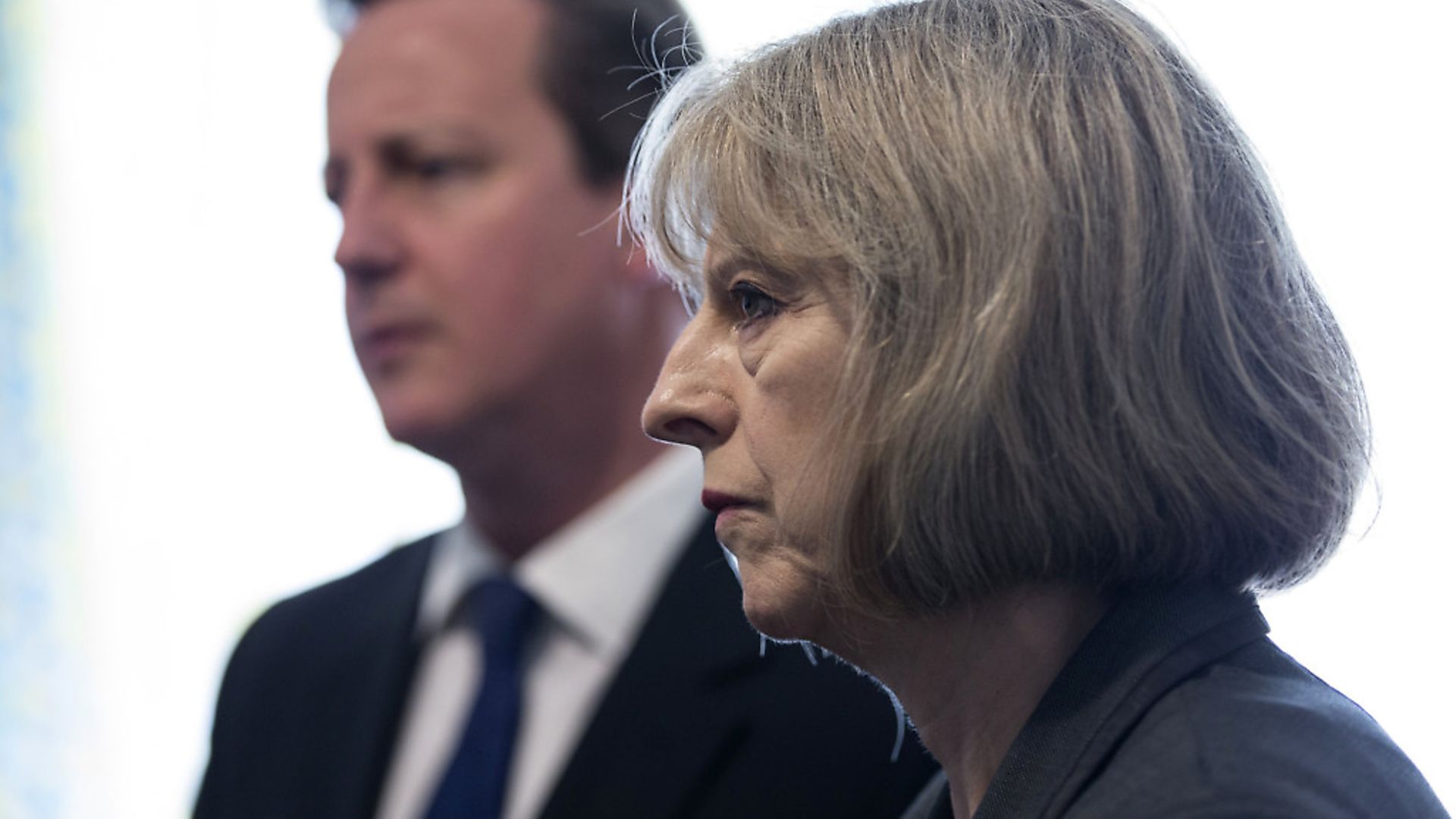
It was years of failure on immigration by then prime minister David Cameron and home secretary Theresa May that caused Brexit, argues Progress director RICHARD ANGELL
In the roll call of guilt for why Brexit happened, it is the names of two people ostensibly on the ‘Remain’ side of the debate that come to my mind. The likes of Boris Johnson, Michael Gove, Matthew Elliott and Nigel Farage will earn their own names being recorded, but as far as I am concerned, David Cameron and Theresa May caused Brexit.
For while Johnson and co cynically exploited and inflamed anti-immigration sentiment during the referendum, it was the failure of Cameron and May that led to the point where the Brexiters could take such advantage of it.
For years, Cameron’s government conceded the idea that immigration was something that needed to be stopped. The Conservative mainstream folded to the concerns people had, and portrayed immigration as a negative – they even sent out vans telling people to ‘go home’. They played a cynical numbers game. With May as home secretary, they pledged to reduce net migration and – having neglected to make a heap of border reforms that could have been introduced at any time – failed to hit their targets for European Union and non-EU migrants again and again.
This sent a clear message to voters sceptical about immigration: you are right not to like it, but there’s nothing we can do about our borders.
Is it any wonder, then, that the ‘take back control’ slogan proved so effective?
Now, politicians are trying to compensate for the mistakes of the Cameron era. With May at the helm, she finally has to make up for the years of anti-immigration rhetoric that people believed should be met by leaving the EU.
We all know the Tories are hell-bent on a hard Brexit outside of the single market. But what will their immigration system look like? Will they opt for draconian measures? Will it be the same as non-EU migration requiring EU citizens to have thousands of pounds in the bank or a sponsor before they can move here? And when gaps start appearing in our job market as a result, what will they do? When Liam Fox gets to negotiate his much heralded new trade deals with emerging economies, what do they say when India or Indonesia wants one things in return for UK access to their market: visas?
At the last election, Labour attempted to ride two horses on Brexit. This was most clear on immigration: we combined the most immigration-hostile policy we have had in decades, ending free movement, with pro-migrant rhetoric.
Yet I presume the leaders in my party do not wish to follow the Tory model for a hard Brexit. Following last month’s welcome shift on the customs union, Jeremy Corbyn now has the opportunity to adopt a less binary and more managed policy on immigration and borders. The way we implement freedom of movement is not the only way to implement freedom of movement. Measures done in Germany, Belgium or other member states at the moment could be adopted by the United Kingdom. Implementing a worker registration system, stopping EU citizens staying in the country indefinitely without a job, banning agencies from hiring entire workforces from abroad and introducing ID cards for all are just some of the things that could be done while maintaining free movement. I believe they would go some way to assuaging people’s fears about what control we have over our borders, while allowing us to remain in the single market.
But that is only part of it. Hard right Brexiters use the economic squeeze on workers and public services to peddle their anti-immigration myths. If we were to deal with those concerns at their root, it would remove that opportunity. This is much more familiar Corbyn ground: banning zero-hours contracts, implementing a migration impact fund and supporting efforts to beef up the posted workers directive. Having seen how Johnson and other exploited people fears about strains on the National Health Service is it now not time to increase and ensure its funding with an NHS tax?
These are not all the answers, but it is at least the start of a plan that addresses the shortcomings of the Cameron and May years, without giving in to the belief that immigration is bad for this country. In fact, getting this right means we can separate off those with legitimate concerns and those with sinister motivations.
Leaving the single market is estimated to cost the exchequer £45bn a year – roughly what John McDonnell pledged to raise annually from a series of tax rises in the 2017. The public finances will be made worst still if EU migrants have to apply in the way non-EU migrants do. Together this will entrench austerity and there will be little a Labour government can do about it.
Corbyn has the political power to offer the public change, stop a hard Brexit and keep Britain the single market. Let us hope he does.
• Richard Angell is director of Progress – Labour’s centre-left movement









